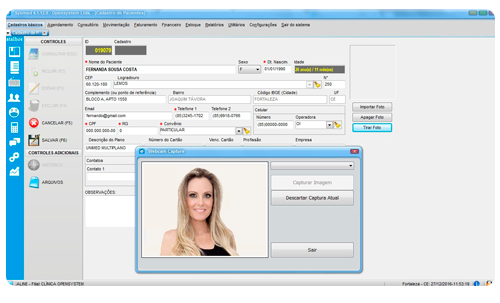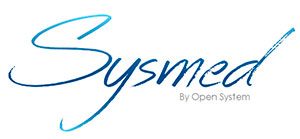
W hen I was 17, my rowing 📉 coach announced that taking a day off was unnecessary. That one time of the week that I left school at 📉 4pm and watched Neighbours was now gone. I think that's probably why, when I gave up rowing, I stopped doing any exercise 📉 at all. I'd had enough. Exercise for me equated to diehard commitment and someone shouting at me all the time. 📉 So I did nothing. Which in retrospect was a bad idea, because there were times in my life – getting 📉 RSI when I tried to write a book while holding down a full-time job or having a baby and getting 📉 swamped by anxiety – when exercise would have helped enormously.
It was when I had come out of 📉 the baby years, moved to a new area, but worked from home, that I felt the pull to be part 📉 of a team again. But I didn't know how or in what sport – there was no way I was 📉 going back to rowing.
There are plenty of "back to..." sessions for various sports – hockey, football, lacrosse – but having 📉 never played any of these, I was daunted. Then one day a neighbour knocked looking for a sub for her 📉 netball league team. I'd been OK at netball at school, so I said I'd do it. It was during that 📉 game I realised all the latent competitiveness that had pushed me at school to become a junior world rowing champion, 📉 was still very much there. And when I got rid of it, through sport, it took the pressure off other 📉 areas of my life.
Friendships on the team differ, we don't know each other's backstories
This is 📉 not the cliché of school sporting types – these adult teams are made up of strong, determined women of varying 📉 ages, shapes, sizes and fitness who are there simply to compete in a game they love with people they respect. 📉 It's something I thought I would never do again and in the grand scheme of things it's a very small 📉 change – less than an hour a week – but it has categorically improved my life, perhaps even built up 📉 my inner strength.
On top of that, there was the actual physical release of the exercise, 📉 burning through the adrenaline of the shock and dispelling the cortisol from the stress. By the end of the game, 📉 I was still gutted, but I had some perspective. I can't say whether I was more resilient than if I 📉 hadn't taken up netball. But what I can say is that the game itself, and the act of playing in 📉 that team, allowed me to escape the realities of life for enough time that I could calm down and rationalise, 📉 so what felt devastating before was less so after. Which I suppose is exactly what emotional resilience means.
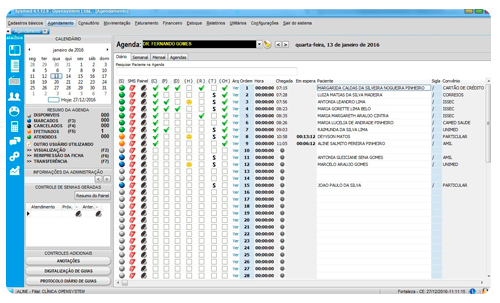
ATENDIMENTO – Controle de pacientes a serem atendidos; Controle de digitação de laudos com base em modelos previamente especificados; Histórico de laudos digitados; Controle de materiais utilizados nos procedimentos; Gravação e leitura de laudos em áudio; Controle de envio de laudos para recepção; Controle de envio de laudos por e-mail; Entrega de laudos Web. Visualização de guia médica; Impressão de etiquetas.
CONSULTÓRIO – Prontuário eletrônico dinâmico e configurável; Histórico de atendimentos e anamneses; Receituário eletrônico; Solicitação eletrônica de exames.
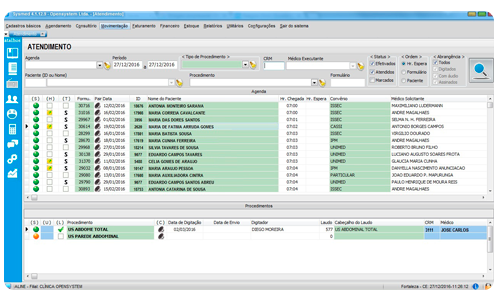
FATURAMENTO – Correção com recálculo, reprocessamento dos valores e reimpressão das fichas de atendimento; Faturamento de guias por lotes de convênio, que possibilita o controle minucioso dos valores que foram faturados para o convênio e do pagamento dos mesmos gerando contas a receber automaticamente; Geração de arquivo “XML” para comunicação TISS com os convênios; Listagem de lotes e impressão de guias SADT; Rotina de geração de arquivo no layout CIHA; Cadastro das regras de produtividade.
FINANCEIRO – Controle de saldo e fluxo de caixa por conta movimento; Plano de Contas; Contas a Pagar; Contas a receber; Controle de compensações, baixas e devoluções dos cheques recebidos e emitidos; Conciliação bancária.
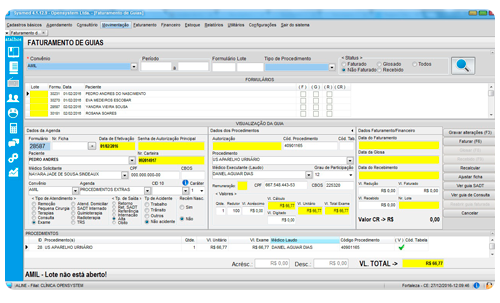
RELATÓRIO E LISTAGENS – Listagem diversas; Relatórios de controle; Relatórios de produtividade; Relatórios Financeiros e de Faturamento; Gráficos.
SEGURANÇA – Controle de usuários por níveis de acesso; Auditoria das operações dos usuários.
